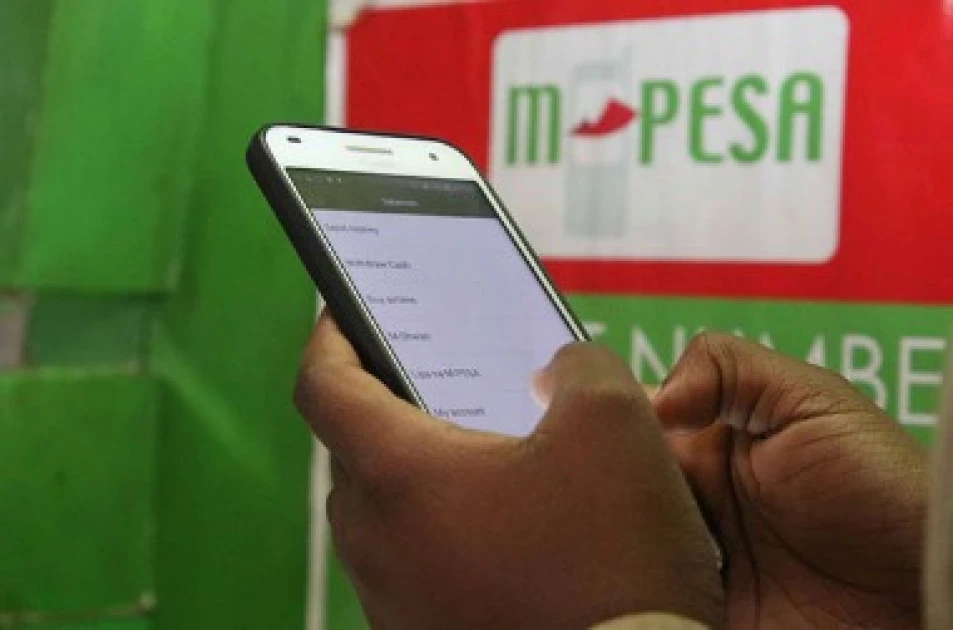Analysts say Gov’t plan to tax Paybill, Till payments will send businesses to cash payments


Audio By Vocalize
Small and
Medium-sized Enterprises are likely to shy away from using mobile payment
platforms like PayBill and Till numbers following the President’s Senior
Economic Advisor Moses Kuria's announcement to collect taxes on payments made
via these platforms.
Analysts
warn that this move could increase costs for businesses and consumers,
potentially stifling the growth of the digital payment ecosystem.
Kuria stated:
“All those PayBills…please whisper to them that come Christmas 2024, all those
PayBills will also be virtual ETRs for purposes of KRA. I know there is going
to be some noise, but where did we agree that someone is not going to pay taxes?”
It is this
proposal by Kuria that has sparked concerns about its implications for SMEs,
which heavily rely on these platforms for transactions.
With mobile
payments offering efficiency, accessibility, and financial inclusion for
millions of Kenyans, analysts caution that such a move could be
counterproductive.
Victor
Otieno, Managing Director, Viffa Consult, said: “If you attempt to take use the
platform of PayBills and Till numbers to collect revenue, what will happen is a
lot would move away from these digital platforms and revert to cash or black
economy.”
Churchill Ogutu,
an economist at IC Group, suggests that this proposal serves more as a
surveillance mechanism to identify untaxed market segments.
He notes
that over 7 million SMEs may shift to other payment channels to avoid scrutiny.
Ogutu predicts that some businesses might reduce their use of PayBill and Till
numbers, undermining financial transparency and efficiency.
Kuria
revealed this information during the recent KRA summit, announcing the
government's intention to convert mobile money PaybBll and Till numbers into
Electronic Tax Registers (ETRs) by December 25 this year. He stated that the
measure aims to eliminate tax evasion and boost revenues.
“The three
million formal sector in terms of income taxes contribute Ksh.500 billion. The
16 million in informal sector contribute only Ksh.12 billion…for me it’s not an
economic issue, it’s a social issue. We have decided there will be nowhere to
hide for anybody at zero option,” Kuria added.
But Otieno
disagrees, saying: “They are not tax evaders, it is that the system does
not allow to grow for them to move from micro to medium. So the reason they
remain informal is the formal economy is very high in terms of compliance.”
Despite the
potential revenue gains, most experts agree that the government should approach
this proposal with caution. Analysts also urge policymakers to consider
alternative tax structures that do not disproportionately impact SMEs and
low-income individuals.


Leave a Comment